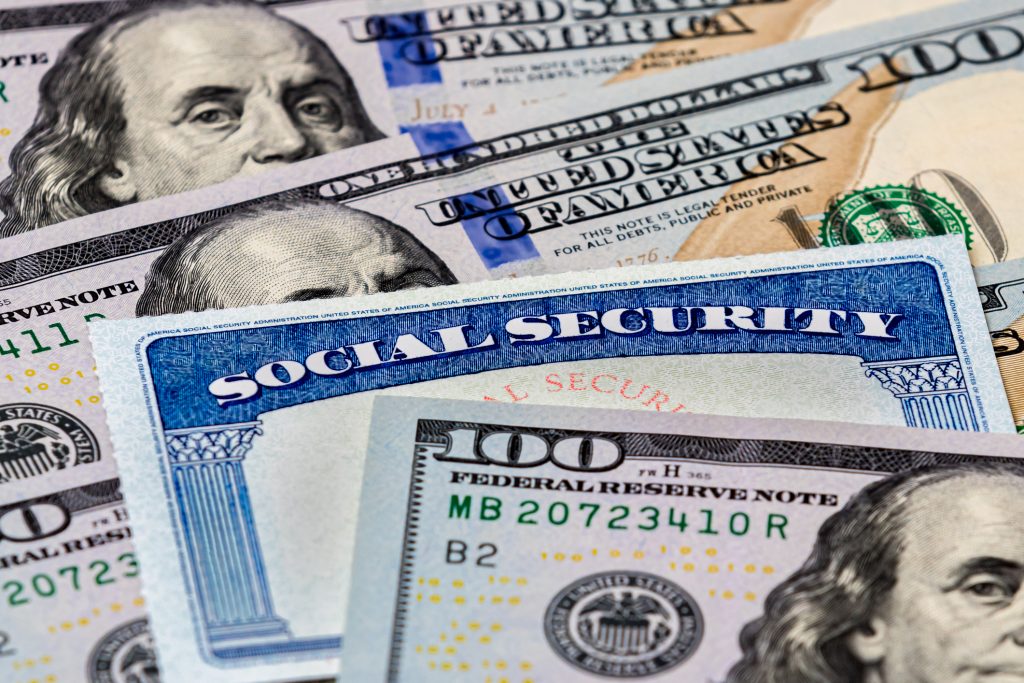
Image source: Upsplash/The Motley Fool
Lots of credit cards can save you money with the perks they offer. But if you go on trips often, travel cards offer the most value. The right one could help you save thousands on airfare, hotel stays, and other travel expenses.
Because travel cards have so much potential value, you also have more to lose if you make any mistakes with them. Here are some common mistakes that could cost you over $1,000.
1. Not spending enough for the sign-up bonus
Travel credit cards generally have the biggest sign-up bonuses. Some of the most popular cards offer 50,000 to 100,000 bonus points for new cardholders. You can often get $0.01, $0.02, or even over $0.03 per point, depending on how you use them. A 75,000-point bonus could be worth anywhere from $750 to over $2,250.
But you’ll need to meet a spending requirement to qualify for these sign-up bonuses. For example, you may need to spend $4,000 or $5,000 on purchases in the first three months. If you don’t spend enough, you miss out on the entire bonus. Keep track of your spending to make sure you meet the requirement for your travel card’s sign-up bonus.
2. Picking the wrong travel card
There are many travel cards available. Since most of them have annual fees, picking the wrong one could cost you. The most expensive have annual fees as high as $695 — a lot to pay, if you later realize you don’t really like the card.
Another consequence of picking the wrong card is that you might not be able to use your rewards. For example, you apply for an airline card on a whim, but the airline doesn’t have as many flight options as you expected. If you have a hard time using your travel rewards, your card won’t save you much money.
Finding the right travel card can be tough. With so many options, it quickly starts to feel overwhelming. If you’re not sure where to start or which card to pick, check out our list of the best travel credit cards to find the right fit for you.
3. Redeeming points for cash back instead of travel
As I mentioned earlier, travel points can be worth quite a bit. Most travel cards offer a value of at least $0.01 per point, and depending on the card, it may be possible to get much more. But to maximize value, you need to use your points for travel.
Card issuers usually let you redeem your points for cash back, as well, which may seem convenient. The problem is that you almost always get less value this way. Instead of $0.01 per point or more, you might get as little as $0.005 per point. For every 100,000 points you redeem this way, you could lose $500 in value.
4. Carrying a balance and paying interest
One of the keys to saving money with travel cards is to pay the full statement balance every month. If you do that, the card issuer won’t charge you interest on your purchases. But if you carry a balance, you’ll be charged interest, and it won’t be cheap.
The average rate on credit cards that are assessed interest is 22.76%, according to the Federal Reserve. Carrying a $5,000 balance would result in about $1,138 in yearly interest charges. Instead of saving money thanks to your card’s travel rewards, you might be lucky to break even after factoring in the interest you paid.
5. Overspending to earn more travel rewards
The dark side of credit card rewards is that they tempt you to spend more. You know you shouldn’t spend that extra $500 at the mall or to book a fancier hotel room on a trip. But then you think to yourself, “Well, I would be earning bonus points, so it isn’t that bad of an idea.”
Let’s say you convince yourself to spend an extra $2,000 during the year because of the travel rewards you’ll earn. We’ll be generous and say you earn three points per $1 on those extra purchases. That’d be 6,000 points total, which would probably be worth anywhere from $60 to $180 in travel. Even assuming you save $180 from your rewards, you’re still down $1,820 from the extra money you spent.
The good news is that these mistakes are all 100% avoidable. Now that you know about them, you can make sure you get the most out of travel rewards cards.
Alert: highest cash back card we’ve seen now has 0% intro APR into 2026
This credit card is not just good – it’s so exceptional that our experts use it personally. It features a 0% intro APR for 15 months, a cash back rate of up to 5%, and all somehow for no annual fee!
Click here to read our full review for free and apply in just 2 minutes.
We’re firm believers in the Golden Rule, which is why editorial opinions are ours alone and have not been previously reviewed, approved, or endorsed by included advertisers.
The Ascent does not cover all offers on the market. Editorial content from The Ascent is separate from The Motley Fool editorial content and is created by a different analyst team.The Motley Fool has a disclosure policy.
 benzinga.com
benzinga.com fool.com
fool.com



